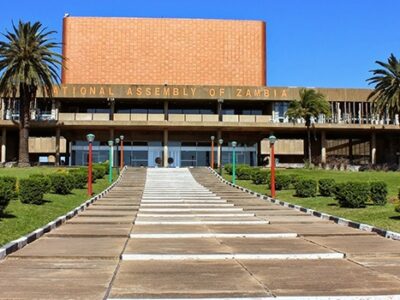The fundamental principles of ethical journalism—objectivity, precision, accuracy, conscience, fairness, impartiality, humanity, transparency and serving the public interest—are crucial for maintaining the integrity of the profession.
These principles can only be fully realised when a story is entirely truthful, as truth is one of the most essential qualities a journalist must uphold.
Bill Kovach, co-author of “The Elements of Journalism,” strongly advocated for what he described as journalistic ‘truth.’
Read More: Exploiting solutions journalism to elevate media appreciation in Zambia, by Jane Zyambo
“Journalistic truth is a process that begins with the professional discipline of assembling and verifying facts,” he stated.
Organizations like the Society of Professional Journalists (SPJ) also emphasise truth as the cornerstone of ethical journalism in their Code of Ethics.
Although no single person can claim ownership of this idea, it was a fundamental principle embedded in journalism’s ethical framework.
This raises a critical question: Why is a profession dedicated to uncovering the truth often among the most persecuted? The answer is straightforward: some individuals prefer not to have their personal truths exposed publicly.
While everyone has a right to privacy, public offices and the management of public resources are not exempt from scrutiny.
In Zambia, for instance, information from public offices was accessible if the correct legal procedures are followed, including by journalists.
The situation changes dramatically when political agendas take precedence over democratic freedoms.
State efforts to control the media manifest through monitoring, censorship and restrictions on what journalists can report and how they should report it.
“In Zambia, media freedom has been increasingly under threat during election periods, with journalists being barred from covering certain events or facing harassment,” Reporters Without Borders noted.
This threat was exemplified by the suspension of Zambia’s private media house Prime TV, which occurred shortly after the Patriotic Front party, led by former President Edgar Lungu, accused it of bias and broadcasting “propaganda disguised as news.”
Arnaud Froger, head of RSF’s Africa desk, criticized the suspension, arguing that it reflected the media regulator’s role as a government tool.
He stated that such actions deprived many Zambians of a critical news source and undermined media pluralism essential for credible elections.
“The Zambian authorities must stop penalising the media and must terminate this arbitrary suspension immediately,” Froger urged.
The International Federation of Journalists reported that journalists investigating corruption in Zambia face severe challenges, including threats and intimidation.
These actions created a chilling effect on the media’s ability to hold power to account.
In Zambia, ethical journalism is often constrained by political interference, particularly regarding sensitive topics such as political reporting, corruption involving political figures, legal and administrative barriers, and interference by security forces.
While journalists are legally free to report on these issues, the involvement of certain individuals or groups often creates barriers.
The United Party for National Development (UPND) claims that journalists are free to report on such matters without fear.
Although all political groups make similar claims, the reality of whether the UPND will genuinely allow independent journalistic operations without seeking public relations benefits remains to be seen.
The true test of this commitment will likely become clearer in the 2025-2026 period.
WARNING! All rights reserved. This material, and other digital content on this website, may not be reproduced, published, broadcast, rewritten or redistributed in whole or in part without prior express permission from ZAMBIA MONITOR.












Comments